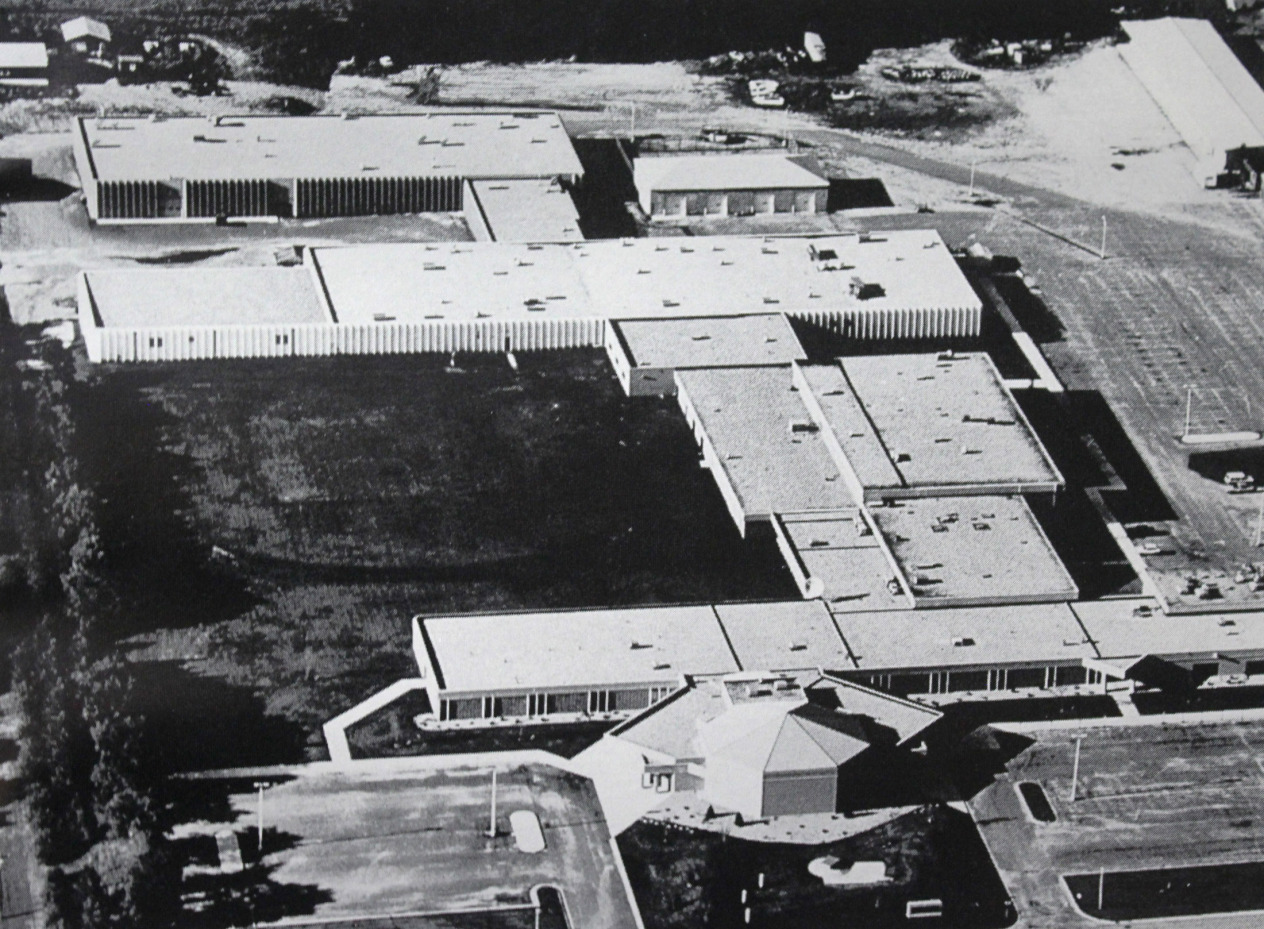Search
CSCI1011 - Survey of Artificial IntelligenceCredits: 3 (2/1/0) This course provides an introduction to artificial intelligence (AI), machine learning (ML) and deep learning (DL). Students explore foundational concepts, real-world applications and ethical implications of AI technologies. Through hands-on labs
CSCI1015 - Business Applications of Artificial IntelligenceCredits: 3 (2/1/0) Students are introduced to the ways that artificial intelligence (AI) is changing contemporary businesses in this course. Students will investigate AI-powered applications in a range of business domains, including marketing, finance, operations
LSR1290 - Radiographic Clinical IICredits: 5 (0/0/5) This course provides students with opportunities to get hands-on experience in a variety of clinical settings. Students work under the direct supervision of a registered radiologic technologist and practice radiographic positioning and equipment
ARCH2243 - Mechanical and Electrical IntegrationCredits: 2 (1/1/0) This course reviews the examination of mechanical, plumbing and electrical systems in both residential and commercial buildings. Content includes analysis of plumbing systems, heating, ventilation and air conditioning (HVAC) systems, and power and
HVAC1102 - Duct Fitting ConstructionCredits: 3 (1/2/0) Standard sheet metal fittings will be constructed in this class. Familiarity with sheet metal shop equipment and various tools will be gained through the layout and construction of sheet metal projects. All fittings in this class will be found in
MUSC2223 - Sight Singing and Ear Training IIICredits: 1 (1/0/0) Meets MnTC Goal Area 6F. This course is designed to improve skills in two areas: 1) to recognize and notate tonal melodies and rhythmic patterns, and 2) to reproduce "at sight" what is notated. Must be taken concurrently with MUSC 2231.
COSM1119 - HaircuttingCredits: 1 (1/0/0) In this course, students develop a strong foundation in haircutting. Students cover foundational concepts, essential techniques and knowledge required to provide exceptional service to clients.
MKTG2410 - Management and Marketing and Sales CapstoneCredits: 3 (3/0/0) This capstone course is designed to provide students the opportunity to use business acumen gained throughout the Business: Management, Marketing and Sales program to complete a comprehensive business plan. The capstone course is intended to be taken
CRJU1117 - Special Topics in Criminal JusticeCredits: 3 (3/0/0) This course looks at a variety of contemporary issues that are considered to be hot spots in law enforcement and criminal justice such as police pursuits, deadly force, gangs, terrorism, etc. Applicable Minnesota Police Officer Standards and Training
DNAS1210 - Dental Assisting Radiology Lab ICredits: 1 (0/1/0) Dental Assisting students will be introduced to techniques and processes for exposing digital full mouth series and extra-oral digital radiographs on skulls, manikins and patients. Students will utilize these techniques and processes to expose
